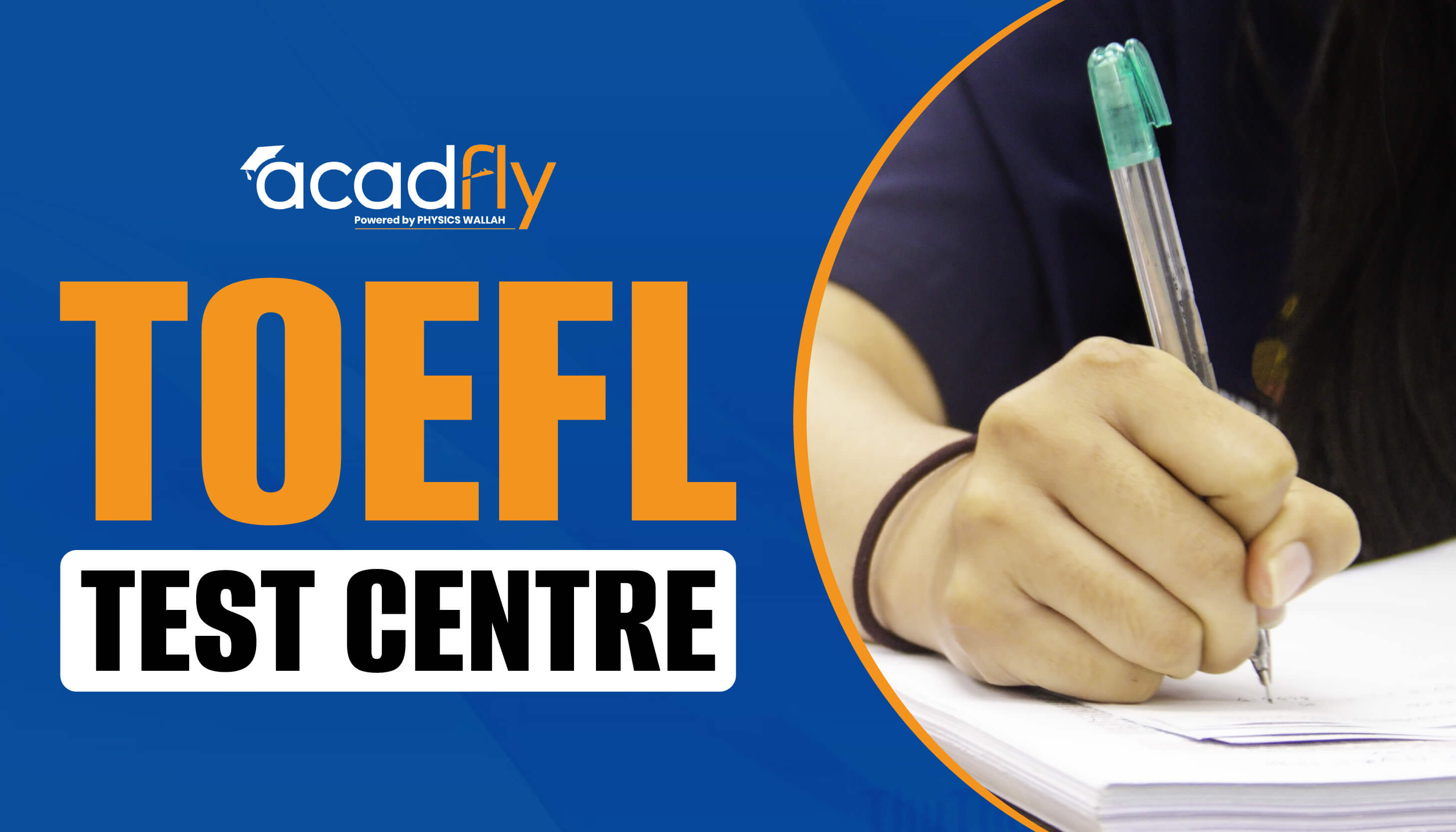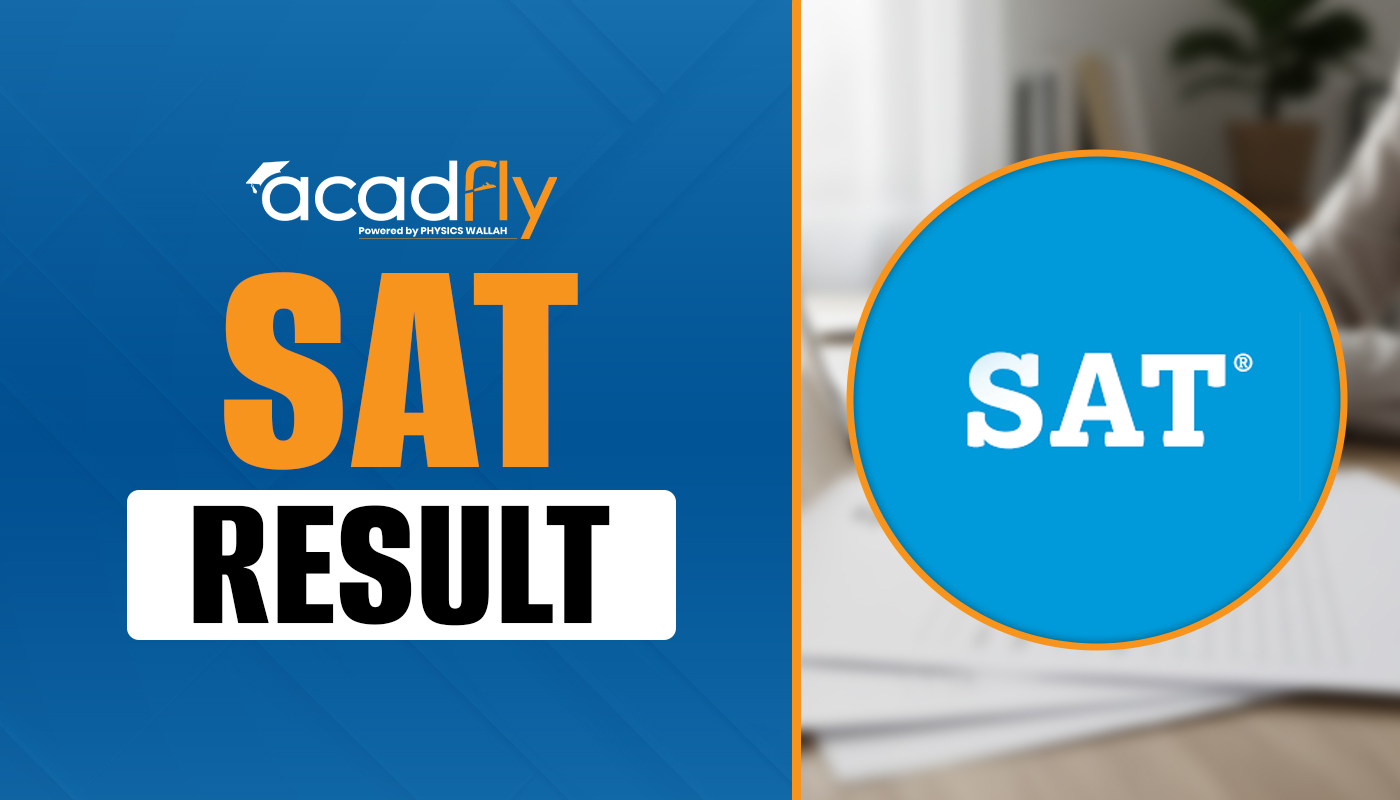
Studying economics in Australia offers a rich educational experience, combining theoretical knowledge with practical applications. To ensure successful admission to a program, understanding the economics degree requirements in Australia is essential. These requirements often include academic qualifications, language proficiency tests, and specific documentation. Moreover, Australian universities provide various programs that cater to different interests within economics, making it a versatile field of study. This introduction will explore the essential requirements and steps needed to pursue a degree in economics in Australia.
Economics Masters Eligibility in Australia
Before applying for a Master's in Economics in Australia, prospective students should understand the eligibility criteria set by universities. These requirements ensure that candidates possess the necessary academic background and skills to succeed in a rigorous program. Here are the key eligibility criteria for pursuing a Master’s in Economics in Australia:
1. Relevant Undergraduate Degree
Applicants are typically required to hold an undergraduate degree in economics, finance, or a related field. This background is essential as it provides foundational knowledge in economic principles and analytical skills necessary for advanced study.
2. Minimum GPA Requirement
Most universities set a minimum GPA requirement, usually around 2.5 to 3.0 on a 4.0 scale. Achieving this benchmark is important, as it reflects the candidate's academic performance and readiness for the rigorous coursework that a Master's program entails.
3. Work Experience (if applicable)
While not always a strict requirement, relevant work experience in economics or a related area can significantly enhance an application. Practical experience demonstrates the candidate's ability to apply theoretical concepts in real-world scenarios, making them a more competitive applicant.
4. English Language Proficiency
For international students, proving English language proficiency is crucial. Universities typically accept scores from standardized tests like IELTS or TOEFL, with each institution setting its minimum score requirements to ensure effective communication and comprehension of course material.
5. Letters of Recommendation
Many programs require candidates to submit letters of recommendation from academic or professional references. These letters should highlight the applicant's abilities, character, and potential for success in graduate studies, providing insight into their suitability for the program.
Economics Scholarships in Australia
Many universities and organizations in Australia offer scholarships specifically for students pursuing a Master’s in Economics. These scholarships can significantly reduce the financial burden of tuition fees and living expenses. Below is a list of some of the prominent scholarships available for Economics students in Australia:
|
Scholarship Name |
Provider |
Eligibility Criteria |
|
Australia Awards Scholarships |
Australian Government |
International students from eligible countries pursuing full-time study. |
|
Endeavour Postgraduate Scholarship |
Australian Government |
International and domestic students with a high level of academic achievement. |
|
University of Sydney Business School Scholarships |
University of Sydney |
Students applying for business-related courses, including economics, with strong academic records. |
|
UNSW Business School Scholarships |
University of New South Wales |
Applicants with an offer to study at UNSW who demonstrate academic excellence. |
|
Melbourne Graduate Scholarship |
University of Melbourne |
Students who have completed an undergraduate degree and are enrolling in a master’s program. |
|
Monash International Leadership Scholarship |
Monash University |
International students with outstanding academic achievements and leadership potential. |
|
La Trobe University Postgraduate Research Scholarships |
La Trobe University |
Students enrolling in a research-oriented master's program with strong research backgrounds. |
|
Griffith University International Postgraduate Research Scholarships |
Griffith University |
International students applying for postgraduate research programs in any discipline. |
|
RMIT University Scholarships |
RMIT University |
Domestic and international students enrolling in eligible programs with good academic performance. |
|
Deakin University International Scholarship |
Deakin University |
International students with a strong academic background applying for postgraduate courses. |
GRE and IELTS Requirements for Economics Programs in Australia
When considering a Master's in Economics in Australia, applicants must pay close attention to the standardized test requirements. These tests assess the readiness of candidates for the academic rigor of graduate studies. Below are the key requirements regarding GRE and IELTS for economics programs.
1. GRE Requirement
Some universities in Australia may require the GRE (Graduate Record Examination) for admission to their economics programs. It assesses verbal reasoning, quantitative reasoning, and analytical writing skills.
2. Minimum GRE Scores
While specific score requirements vary by institution, a competitive GRE score is typically expected for admission. Candidates should aim for scores that meet or exceed the average for admitted students in their desired programs.
3. IELTS Score Requirement
For non-native English speakers, an IELTS (International English Language Testing System) score is required to demonstrate English proficiency. Most universities expect a minimum overall band score ranging from 6.5 to 7.5.
4. IELTS Subband Scores
In addition to the overall score, some institutions may have specific subband requirements for IELTS, particularly in writing and speaking. Candidates should check individual university policies to ensure they meet all criteria.
5. Waivers for GRE/IELTS
Certain applicants may be eligible for GRE or IELTS waivers based on their academic background or previous study in an English-speaking country. Applicants should inquire about waiver policies when applying to specific programs.
Best Economics Programs in Australia
When considering the best Economics programs in Australia, several universities stand out for their academic excellence, faculty expertise, and comprehensive curriculum. These programs provide students with a strong foundation in economic theory and practical applications. Below is a table highlighting some of the top Economics programs available in Australia.
|
University Name |
Program Name |
Duration |
Location |
|
University of Melbourne |
Bachelor of Commerce (Economics) |
3 years |
Melbourne |
|
Australian National University (ANU) |
Master of Economics |
2 years |
Canberra |
|
University of Sydney |
Bachelor of Economics |
3 years |
Sydney |
|
Monash University |
Master of Applied Economics |
1.5 years |
Melbourne |
|
University of Queensland |
Bachelor of Economics |
3 years |
Brisbane |
|
University of New South Wales (UNSW) |
Master of Economics |
2 years |
Sydney |
|
University of Adelaide |
Bachelor of Economics |
3 years |
Adelaide |
|
Deakin University |
Master of Economics |
1.5 years |
Geelong |
|
University of Western Australia (UWA) |
Bachelor of Arts (Economics) |
3 years |
Perth |
|
Griffith University |
Master of International Economics |
1.5 years |
Brisbane |
Frequently Asked Questions
1.What are the general eligibility requirements for studying Economics in Australia?
2.Is the GRE required for Economics programs in Australia?
3.What is the minimum IELTS score needed for Economics programs in Australia?
4.Are there scholarships available for international students studying Economics in Australia?
5.What are the best universities for studying Economics in Australia?









